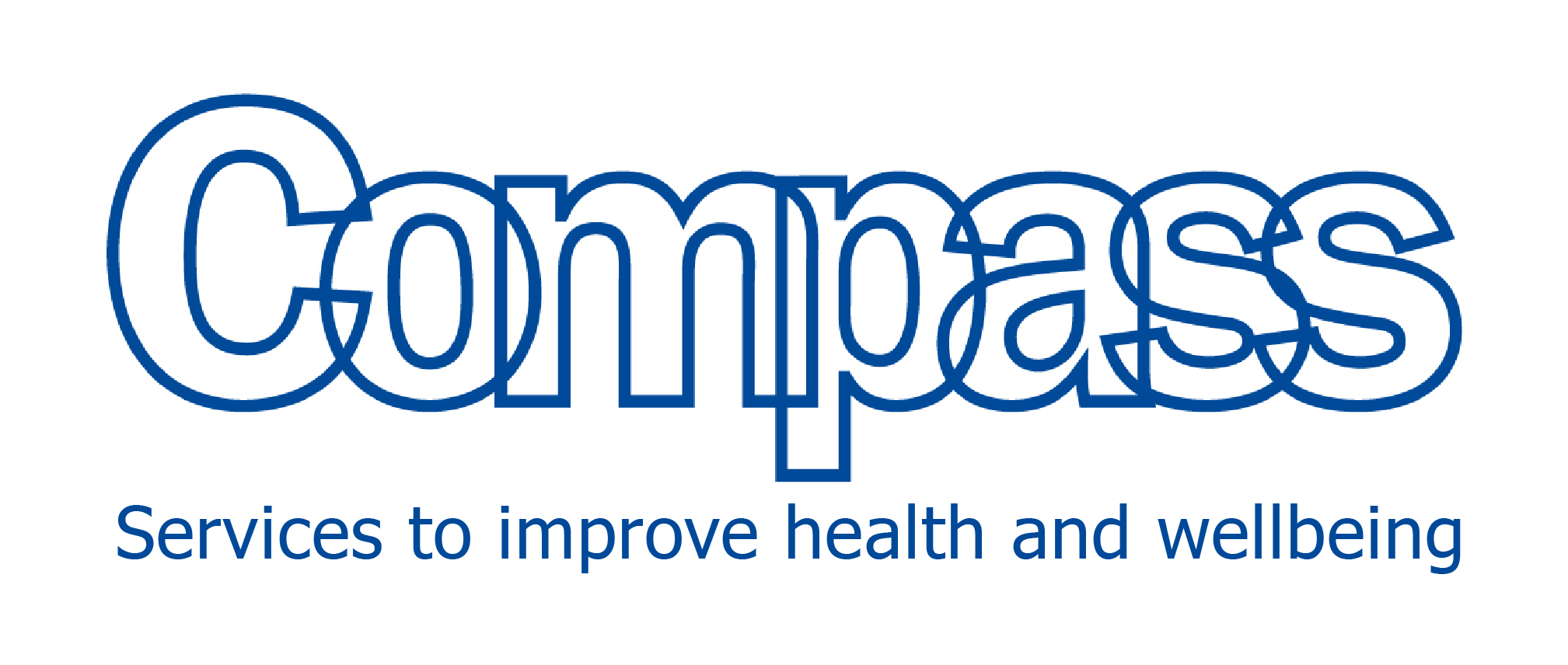
Our ambition is for our people to reflect the children, young people and their families we support as well as the communities we serve. This is the second gender pay gap report that we have completed following our significant growth during 2023 and into 2024.
Our overarching challenge relating to gender is the small numbers of men that work for us. For the reporting period, we have just 37 men representing 11% of the total workforce. Whilst we are encouraged that we have increased the proportion of men working for us from last year (albeit by a modest 1%), the resulting small data set means it is difficult to draw meaningful conclusions. What is clear, is our continued need to attract more men into our workforce whilst acknowledging that this is a national workforce shortage.
It is important to reiterate that we don’t pay people differently based on their gender – all roles in Compass are aligned to a pay band with a fixed bottom and top of band. All colleagues joining Compass are aligned to the pay band assigned to their role; any variance on start salary is based on experience, skills and qualifications relevant to the role. Progression through the pay band at present is based on assessment of performance via appraisal – we have recently taken the decision to change this process and the assessment of performance will be removed from pay award from 1st April 2026. From this date, in principle all colleagues will receive the same pay award regardless of role, length of service or performance appraisal rating.
The median shows a 2% difference in hourly rate between men and women (men being higher). The quartiles show that our small number of men in the main are spread evenly across our pay bands from junior to senior albeit we do have slightly higher % in quartile three (practitioner grades and team leader level). Similarly the same is true for our female workforce (albeit with a slightly lower corresponding % at practitioner grades and team leader level). Similar to the last reporting period, our most senior roles at Senior Leadership team are still held by females (seven females and one male). Overall, the small number of men in our workforce are evenly spread across bands.
Bonus payments data shows that 18 females received a bonus payment and no men received a bonus payment. Our bonus payments relate to non-consolidated payments which are awarded in place of a performance related salary increase (at annual pay award) when a colleague has reached the top of their pay range. Given the small percentage of men employed, it is not unexpected that more women would be at the top of their pay band and this are awarded a one off non-consolidated payment. We do not believe this shows an inequality in pay. Furthermore, this pay award process will be changed in any event from 1st April 2026.
Overall, our challenge remains to increase our male workforce will take several years and much intentional effort. However I am confident that we have the right plans to build a talented, diverse workforce at every level in Compass.
I confirm that the information we have submitted is accurate.
Kim Jones
People Director
Compass – Services to improve health and wellbeing

